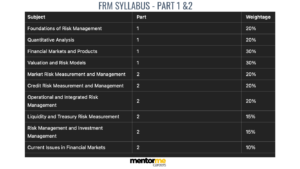Last updated on January 23rd, 2023 at 05:02 pm
What is Empirical Probability?
Empirical Probability is also known as experimental probability. Empirical probability refers to a probability that is based on historical data. In simpler words, empirical probability illustrates the likelihood of an event occurring based on historical data.
The formula for Empirical Probability

Where:
- The number of times occurred refers to the number of times a favourable event occurred
- Total no. of times experiment performed refers to the total amount of times the event was performed.
Advantages and Disadvantages of Empirical Probability
The main advantage of using empirical probability is that the probability is backed by experimental studies and historical data. It does not contain any assumptions or hypotheses. However, there are two big disadvantages of empirical probability to consider:
- Using empirical probability can cause wrong conclusions to be drawn. For example, we know that the chance of getting a head from a coin toss is ½. However, an individual may toss a coin three times and get heads in all tosses. He may draw an incorrect conclusion that the chances of tossing a head from a coin toss are 100%
- Small sample sizes reduce accuracy. Therefore, large sample sizes are generally used for empirical probability to attain a good probability representation. For example, if an individual wanted to know the probability of getting head in a coin toss but only used one sample, the empirical probability would be either 0% or 100%
Example of Empirical Probability
The table below shows a dice thrown three times and the corresponding result. What is the empirical probability of rolling a 4?
| Experiment | 1 | 2 | 3 |
| Result | 2 | 5 | 1 |
Empirical probably = 0/3 = 0%. Hence the empirical probability of rolling a 4 is 0%.



